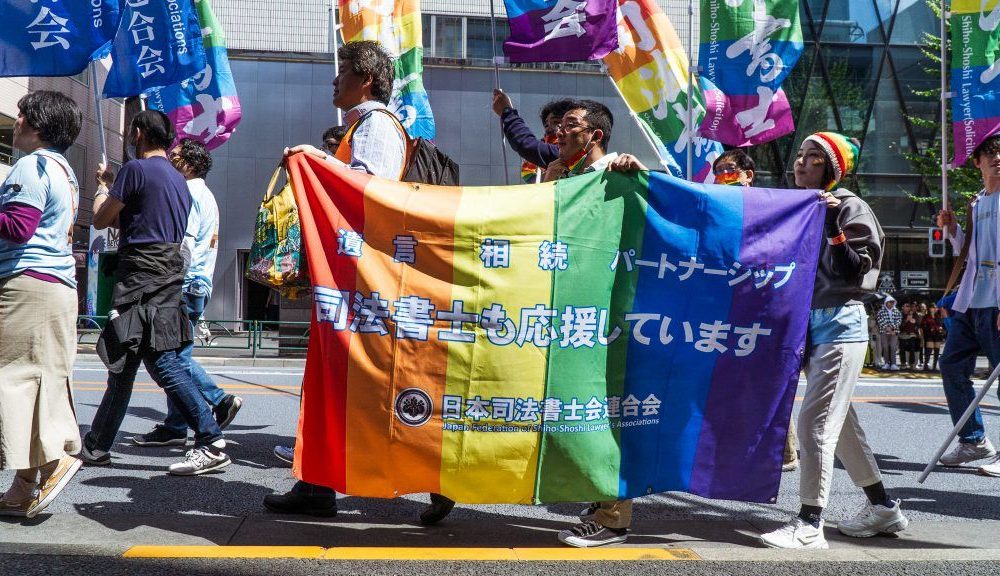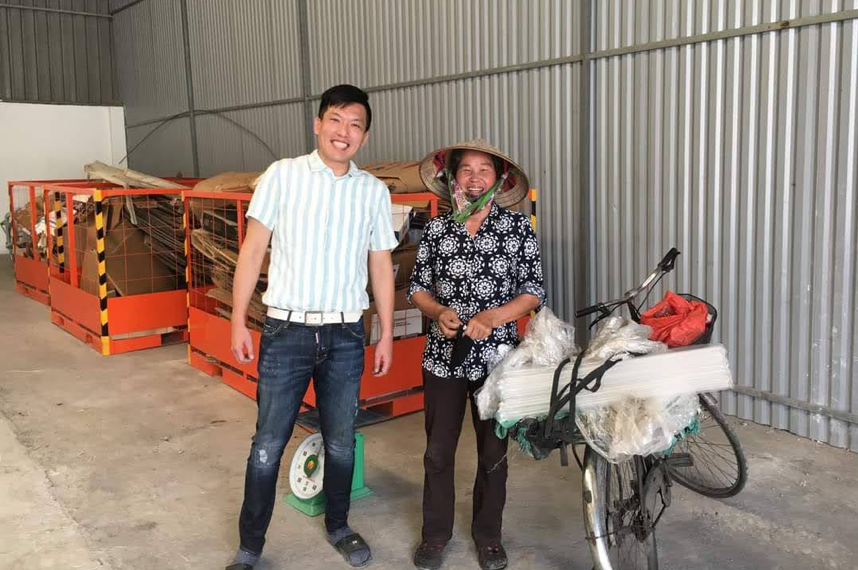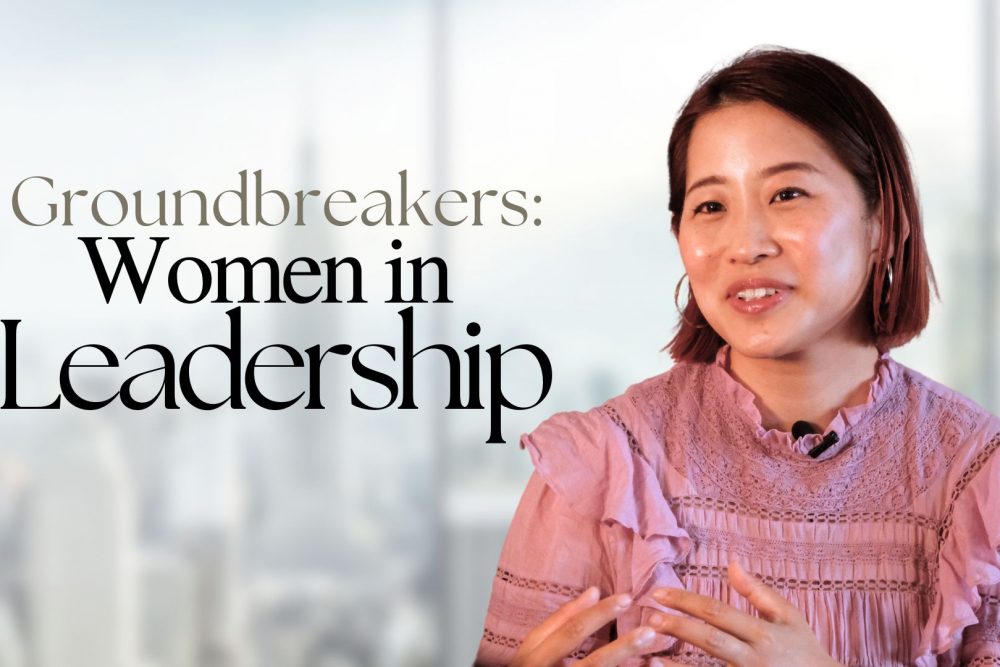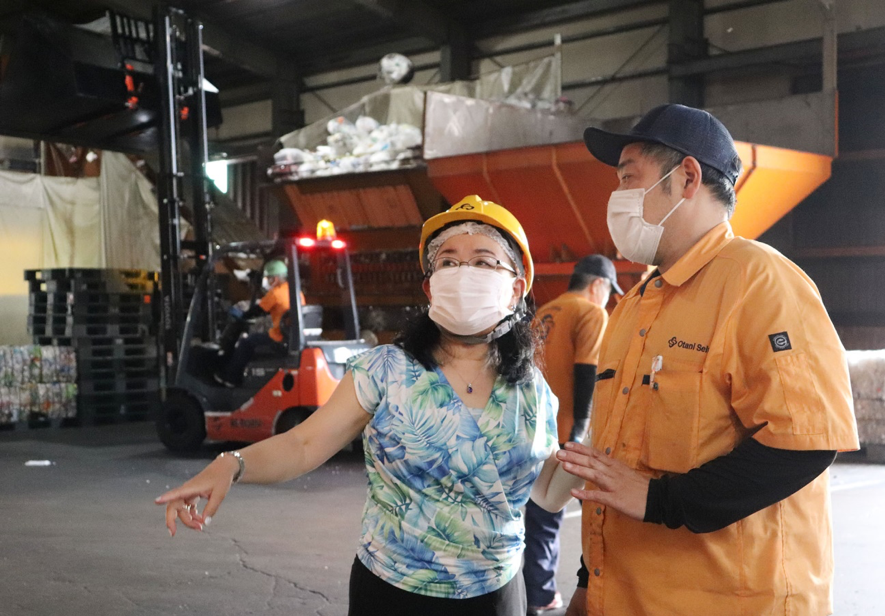Groundbreakers | kay me Founder is Changing Business Fashion for Women
Junko Kemi started kay me when she was just 30. Since then, she's been on a journey to help women become groundbreakers in the business world through fashion.

Japanese women are making changes globally in the world of enterprise, finance, technology, academia, politics, sports, the media, and more. If they were ever invisible, certainly they are not now. What inspired them to step forward into their roles today? Are their dreams and aspirations different from the generation of their mentors? What comes after them? JAPAN Forward set out to interview some of these amazing women in the new series "Groundbreakers."
Meet Junko Kemi. After several years in consulting, she founded her own company, kay me, in 2011. The firm makes businesswear for women. Its clothes are stylish and elegant, but also easy to care for. Everything is machine washable and crease-free.
Kemi built the company out of a wish to help busy women shine in business settings. Since the company's founding, the chain has expanded to five shops in Japan and is now reaching out abroad.
Kemi sat down with JAPAN Forward following International Women's Day. Excerpts follow.
Junko Kemi Talks About kay me
What drove your decision to create this company?
When I was young, my mother and grandmother served as my role models. Being working women, I viewed their example positively. Additionally, I believed it would benefit society if more people could pursue employment.
When I started working, I realized that there were realities that prevented women from continuing to work. For example, they might get pushback [from people] when they try going back to work [after childbirth]. Or they might not have enough time or they are tired, these become reasons why they are holding themselves back.
I wanted to reduce that burden, even if just a little. That way they would have one obstacle.
The world of [business] fashion is quite a niche sector. It's what is called a "red ocean" [cutthroat] market. I found myself thinking that if I had to invest my whole life in something, it might be niche, but it should be a sector that I know well and I am familiar with.
At the time it was quite hard to find something that ticked all the boxes: easy to wash, doesn't need to be ironed, is stylish, and saves mental energy for people who don't like to think about fashion. In essence, I wanted something easy to take care of. I could find some items here and there sold by different companies, but there wasn't one place where I could buy all the items.
So, it all started because I was trying to address a problem. Now I have the connections and the knowledge, and I would like to expand this and go further, not just in Japan, but to the rest of the world.
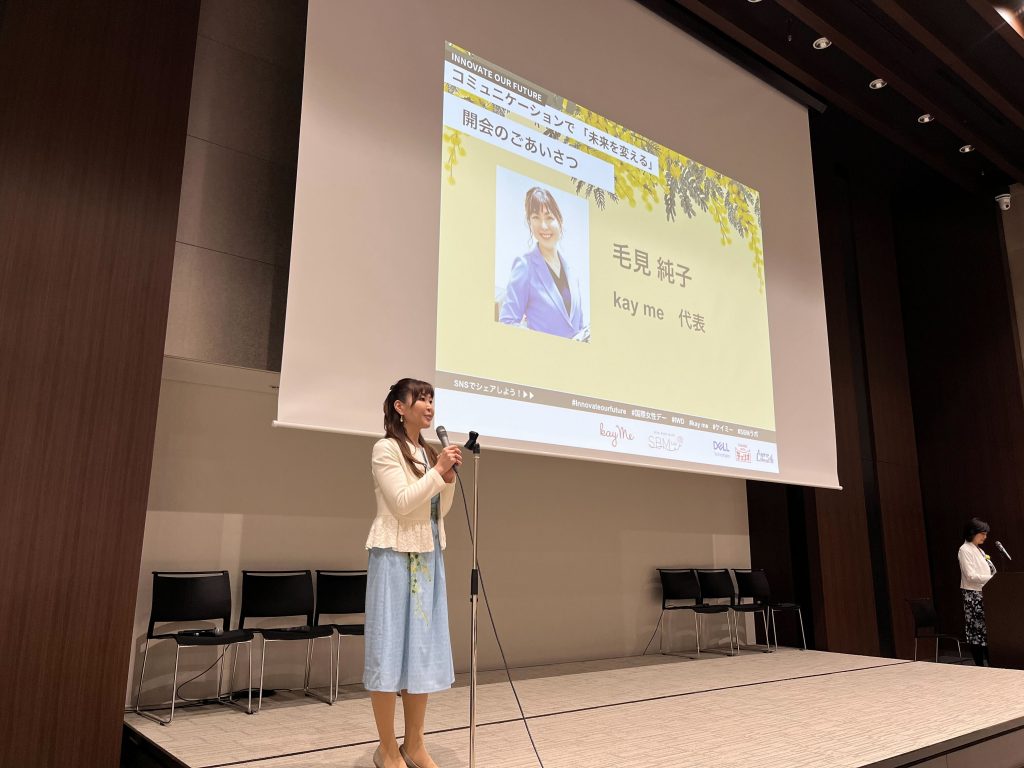
Do you think your brand helps women feel more confident?
Yes, I do think so. Our dresses are very practical, but they are also a way of "changing" your personality slightly depending on what you have to face that day. For example, normally I wear quite dark clothes, but today I am wearing light blue, which adds some glamor to my look.
In other words, it's an easy way to change mood and appearance for busy people who might have to attend a business meeting one day and appear on TV the next, and so on. One person doesn't always need to look the same. They can have a different look every day based on the occasion. And making it easy for a person to choose between various looks then can lead them to be more confident.
I have been asked before why I chose to focus on feminine clothes [that stand out]. And the reason was that I wanted to make a clear difference from men's clothes. Since we are already choosing a market, why not try to stand out?
Being inconspicuous is easy, and it's fine. But if people notice you, you're going to change your attitude and stance going forward. In that sense, I think standing out at work is very important.
kay me addresses a gap in the market. Why do you think there is a lack of business wear for women that truly meets their needs?
In the fashion industry, unlike media or consulting, for example, there aren't many women who wear suits or jackets. It's still a very male-dominated industry. Many women are not even familiar with what it means to dress professionally.
So brands might make things that are small or in uncomfortable materials. In addition, it can be hard to make a brand based on a coherent story that people identify with. Therefore, there is a market, but not enough people focusing on it.
What was the most challenging part of creating your own company?
Creating the company was the easy part. The hard part was keeping the company afloat. Because I set up my own company at the age of 30, I didn't have any experience as a CEO or manager. So learning everything was tough.
For me, that meant creating a network of people. To interact with customers, we needed to create many different teams: fabric development, customer support, corporate, finance, etc. It's a small company, but all of that was necessary.
Creating all of this was something more challenging than I had previously experienced. For example, we have many shop assistants. I had no idea of how to create a good working culture among them, as I had never done that before. We put out hiring requests, and we grew from there.
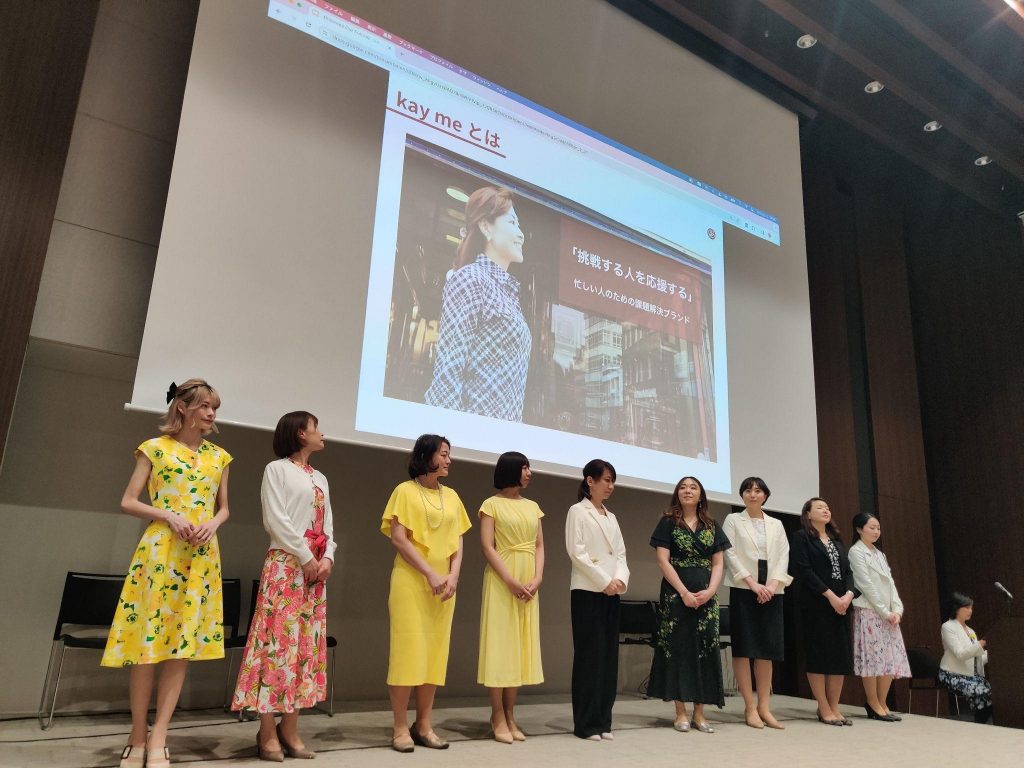
Did you experience any difficulties as a woman?
No, it was mainly the difficulties of being a leader at 30. In addition, I'd been in consulting previously, and it's a fast-paced environment. Meanwhile, in fashion, there are just certain things that take time. I had to get used to the differences in cultures.
What message do you have for women who may be thinking about becoming entrepreneurs but feel uneasy?
You'll never know if you don't try. Try it as if you don't have another choice. Then if you run into something you are uncertain about, ask people around you for advice, your superiors, your friends.
In addition, I think that it's really important to choose something that you think you could be passionate about for the rest of your life. This is because if you seem less than enthusiastic about what you do, people will give up on you pretty quickly.
Of course, some entrepreneurs do something for five years and then switch, and that's fine. I think both ways of doing it are possible.
My style is that I wanted to create something that lasts 100 years, or 300 years, and see it change as time passes.
In other words, if you have the luxury to be wondering about whether to start your own business, you might as well try it out.
One of your company's cornerstones is delivering Japanese technology and culture to the world. Why have you chosen this theme to focus on?
I think the [Japanese] culture of seasonality is really incredible. For example, in April it's cherry blossom season, but in May that ends. In June it's wisteria season, but not in July. And so on.
Japan may be the only country where things are appreciated for a limited period in their season. That is something that people outside Japan are quite interested in. And when one talks about culture, it sparks new conversations.
Now, many tourists are coming from abroad and they appreciate Japanese culture. But many Japanese are not aware of the uniqueness of their culture. Japan has great technology and appreciation of seasonality, so I hope that through my work I can create an opportunity for Japanese people to further understand and be proud of their culture. Then people abroad might become even more interested in Japan.
What is your dream?
With the idea of business trips in mind, I would love it if our clothes became a staple in airports all over the world.
Learn more about Junko Kemi and her business kay me online, on Instagram, and Facebook.
Follow the Groundbreakers series on JAPAN Forward.
This article was first published on JAPAN Forward on March 25, 2024.






